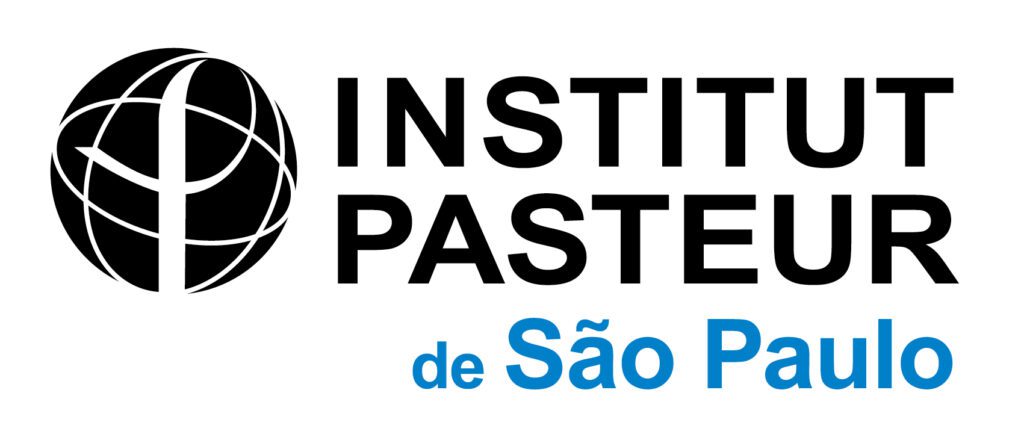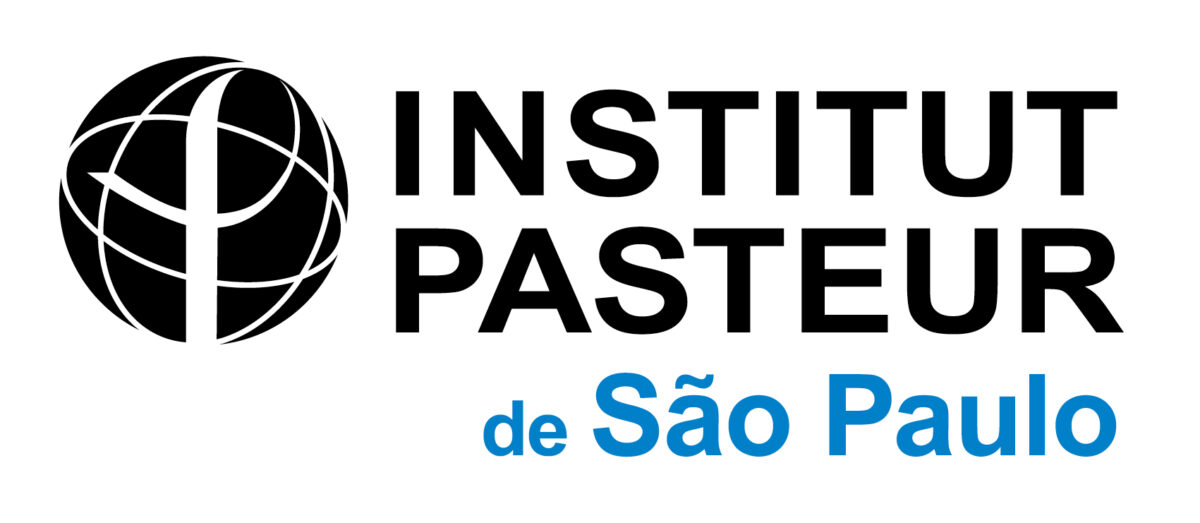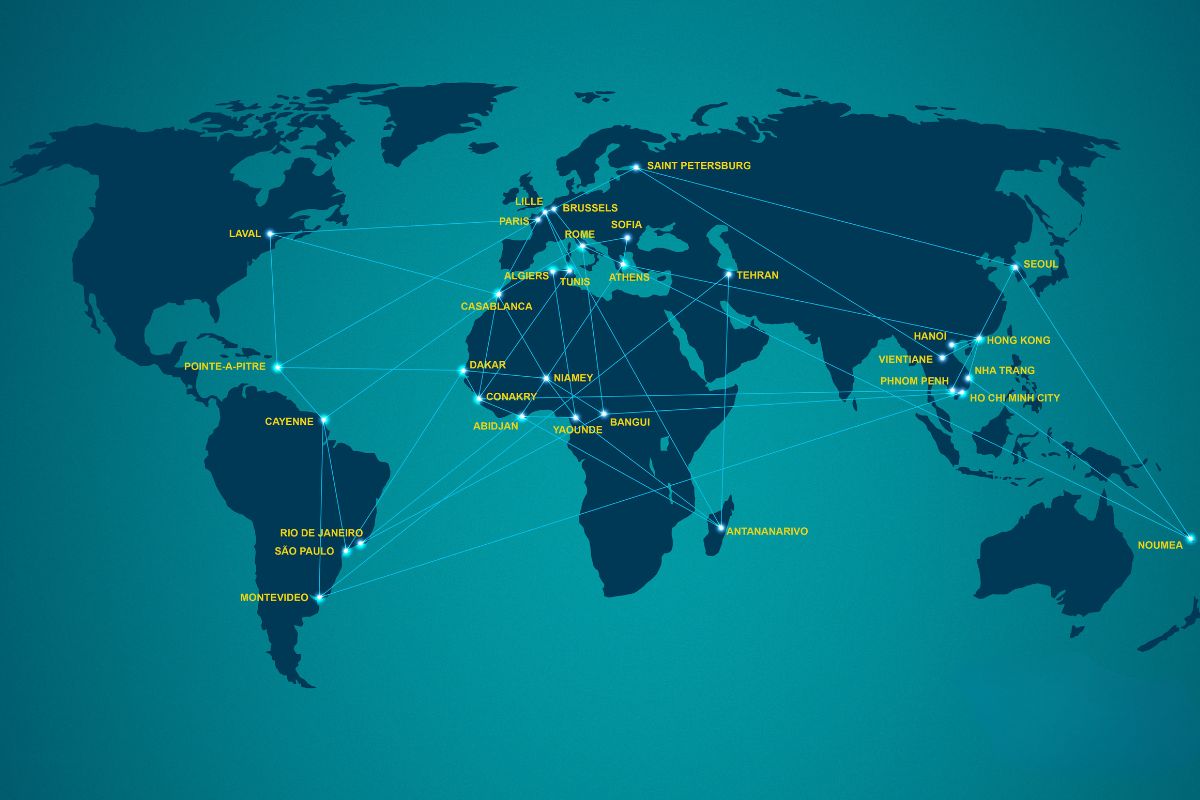Among the 2023 milestones, the report highlights the consolidation of the Institut Pasteur of São Paulo (IPSP), now a private non-profit organization, as a member of the network.
The Pasteur Network, in its 2023 Annual Report, reaffirms its commitment to providing a global response to health challenges, with a special focus on the growing impacts of climate change. The report highlights improvements in the network’s governance and the main actions of member institutes, reinforcing their essential role in addressing current public health crises.
“Last year, there were more climate-related health events, health crises and growing conflicts worldwide, combined with increasing scientific skepticism. Collaboration and science are essential to address these challenges,” said Rebecca F. Grais, Executive Director of the Pasteur Network.
In 2023, the Pasteur Network made important structural adjustments, strengthening collaborative governance and expanding regional representation. These advances allowed for greater participation of member institutes in decision-making, resulting in better thematic and regional coordination, improved financial planning, and the creation of clear terms of reference for the Board.
Partnerships with several global health organizations were also strengthened. Amadou Alpha Sall, President of the Pasteur Network and CEO of the Institut Pasteur of Dakar, highlighted collaborations with the Wellcome Trust, The Rockefeller Foundation, and the Institute of Philanthropy of the Hong Kong Jockey Club (HKJC). “Our role in global health initiatives such as the Grand Challenges event in October, in Dakar, underscores our commitment to addressing urgent issues such as AI solutions for community health and strategies to mitigate the impacts of climate change.”
Among the 2023 milestones, the report highlights the consolidation of the Institut Pasteur de São Paulo (IPSP), now a private non-profit organization, as a member of the network. The report cites a noteworthy research project by the IPSP, which aims to develop a vaccine against cervical cancer caused by the HPV virus, in addition to the creation of the research group “Eco-epidemiology, diversity and evolution of emerging viruses”.
Global response to health challenges – The Pasteur Network is an alliance of more than 30 institutes with a crucial role in addressing global health challenges through science, innovation, and public health. Its strength lies in its diversity and extensive geographic reach, spanning 25 countries on 5 continents.
Recognized as a non-state actor by the World Health Organization (WHO), the Pasteur Network operates through more than 50 national and regional reference laboratories, including several biosafety level 3 laboratories and 17 WHO collaborating centers.
The Pasteur Network is guided by four strategic pillars: epidemic preparedness and intelligence focusing climate-sensitive diseases; research, development, and innovation; multidisciplinary knowledge; and good governance and equity. It is a collective action, which shares resources and knowledge on the most urgent scientific and health challenges, aiming to guide public policies. This vision is supported by values such as equitable partnership, collective interest, knowledge sharing and member autonomy.
“Collaboration is essential, both within our institutes and with our partners, to fulfill our mission not only as individual entities, but collectively on the international stage. Working on equal footing with our global partners is a priority for me. Our diversity is our strength, and it fuels our collective progress,” stresses Yasmine Belkaid, vice-president of the Pasteur Network and president of the Institut Pasteur.
Links to the Annual Report:



